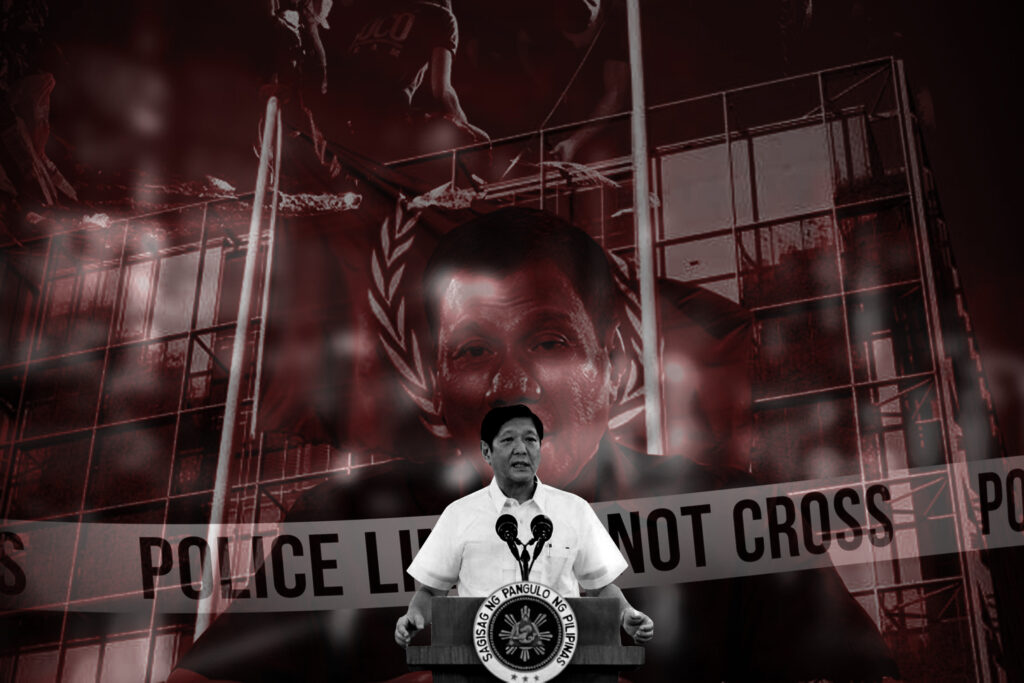Remembering, Retelling: Rappler shares stories of the victims of Duterte’s drug war

CHEERS TO Rappler‘s series that recalled the nightmare that continues to haunt families who lost loved ones to Rodrigo Duterte’s “war on drugs.” Listening to their stories and retelling these tales stir the memories of that dark period when state forces were commanded to turn their guns on citizens, rather than protect and assist them.
There is so little now being said about how so many killings had come to pass. It would be so easy to forget the experience as the pandemic had sidelined so many other critical concerns. But a nation must remember and stand with those who are demanding justice.
Written by Jodesz Gavilan, the four part series recalled the “recurring scenes” families have witnessed: dead bodies on the streets, wrapped in plastic; corpses tagged with cardboard signs identifying them as drug users or peddlers. Neighborhoods were ordered to shut down their shanties, close their doors and windows so they would not see how victims were killed. But there was no muting the cries pleading for their lives, the gunshots followed by fearful silence.
The resumption of the probe by the International Criminal Court (ICC) on January 26 has made Gavilan’s review most timely and relevant, as the families have turned away from the government and in desperation placed their hopes on larger forces outside the country for justice.
The stories focused on the bereaved: a widow left to raise her children on her own; a sister mourning three brothers, and an orphan whose dreams were shattered when her mother was killed. Their tragedies were made more painful by stories about how the victims supposedly fought back, “nanlaban,” but their families say that those killed were good people who were only striving to make both ends meet.
The last part shifted focus from the victims and zoomed in on the long alliance of the new President. It also pointed to Marcos’ role in ICC’s investigation, which Gavilan correctly described as “anything but welcoming.”
Gavilan noted the strong connections between the Marcoses and Dutertes which had been evident even before the 2022 elections in Duterte’s decision to allow a hero’s burial for the late dictator, Ferdinand Marcos Sr., and how he successfully “obliterated the opposition” laying the ground for Marcos Jr.’s candidacy.
The report cited Arjan Aguirre of Ateneo de Manila University who said that Marcos would have to continue to maintain his good and “pragmatic” relations with Vice President Sara Duterte, since allowing the ICC investigation would be perceived as a “betrayal of the Duterte dynasty.”
Would Marcos have anything to gain from the ICC’s doing its work? Gavilan presented the view of human rights groups that Marcos’ should cooperate with the ICC to prove he is different from Duterte, that he upholds accountability as a principle of his government and that he will keep his word to fight drugs with prevention and rehabilitation rather than punitive law enforcement.
Gavilan also reviewed articles of the Rome Statute which stated that the country’s non-membership cannot be used as a shield against the ICC and listed the possible offenses of individuals who “actively and intentionally” obstruct ICC processes.
Police “drug war” statistics list 6,252 killed in their operations. But there were also vigilante-style killings, and others not in official records. All together, human rights groups estimate the numbers at 27,000 to 30,000 in which there is ample evidence of “abuse of strength” and “intent to kill.”
More media organizations should recall and ensure that Filipinos remember that forgetting is a way of saying that they approve of Duterte’s murderous “drug war,” and that the country must move on without anyone being held accountable.
Leave a Reply